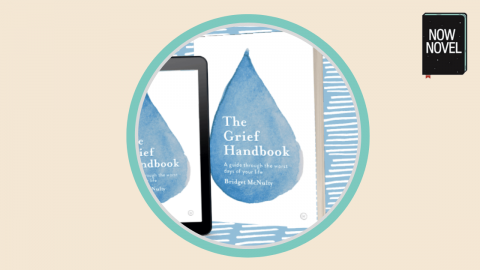Biography:
Bridget completed her undergraduate studies in Creative Writing and Theatre at Franklin & Marshall College in Lancaster, Pennsylvania, graduating in 2005.
Her first novel, Strange, Nervous Laughter, embodies elements of magical realism and was first published in South Africa by Oshun Books in September 2007.
In 2007, Bridget was diagnosed with type 1 diabetes, an event that led to her involvement in diabetes advocacy. She co-founded both Now Novel and Sweet Life in 2012, with Sweet Life transitioning from a print magazine to the largest online diabetes community in South Africa, and an NGO that provides information and support to individuals with diabetes.
In 2009, her book Strange, Nervous Laughter was published in the United States by St. Martin’s Press. Her self-published book How to Live a Happy Life (with a Chronic Illness) in 2015 is an honest, heartfelt look at making the best of being chronically ill. In 2021, she published The Grief Handbook: A Guide Through the Worst Days of Your Life with Watkins Publishing in the UK, USA, and South Africa, prompted by her personal experiences of grief following the death of her mother in 2019.
She has worked for Real Simple Magazine South Africa and has been a regular contributor to many other newspapers, magazines and websites including The Oprah Magazine, Woman & Home, Mango Juice, Fresh Living, Fairlady, Cosmopolitan and ELLE. She was a book reviewer for the Sunday Times and interviewed authors for KZN Literary Tourism.
Her advocacy extends to television appearances, where she has discussed diabetes and its management on South African shows such as The Afternoon Express and The Expresso Show.
Find out more:
Articles on the Now Novel blog:









